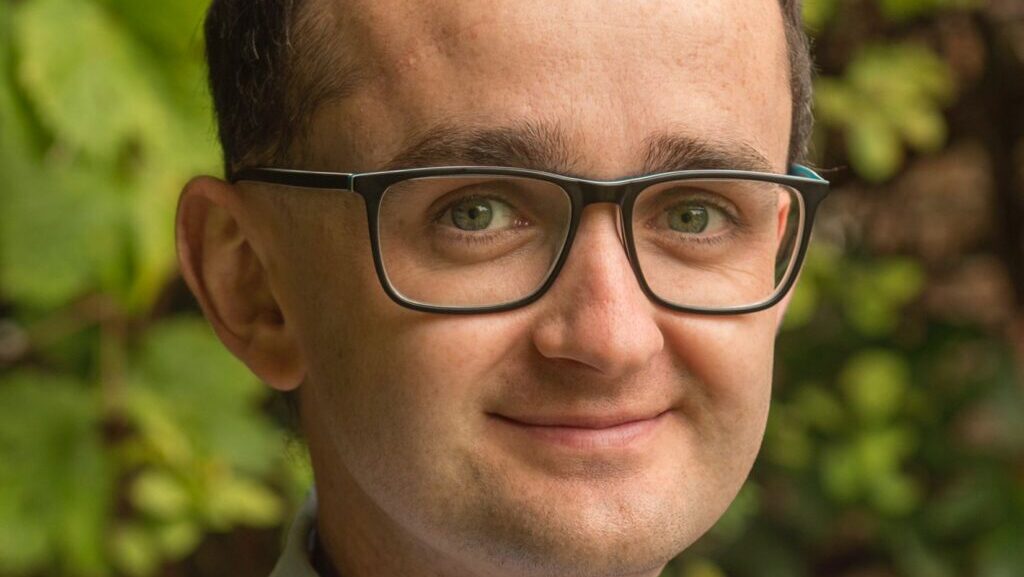Skills for Care appoints deputy chief executive

Skills for Care, the workforce development and planning body for adult social care in England, has appointed Tristram Gardner as deputy chief executive, tasked with leading internal transformation and working with other directors to enhance the organisation’s leadership approach, operations and culture.
Gardner was previously deputy director for adult social care workforce strategy and capacity at the Department of Health and Social Care where he advised ministers on care workforce policy as the country emerged from the Covid-19 pandemic.
Gardner has held a number of senior positions across central and local government where he has designed and delivered large-scale transformational change programmes, with particular experience working in and with the adult social care sector.
In local government, he was responsible for adult social care enterprise, projects, and commissioning support at Surrey County Council, where he worked closely with service managers, front line staff and commercial, financial and people teams to improve services for people who draw on care and support.
In between he has held senior leadership roles in community development, home ownership, and financial policy.
Gardner said: “I have long admired how Skills for Care helps employers and leaders make sure social care has the people it needs to deliver high-quality care. I am delighted to join Skills for Care at such a pivotal time for the care sector, when that support is needed more than ever. I am looking forward to joining the team.”
Skills for Care ‘s chief executive Oonagh Smyth added: “Tristram is passionate about social care and its value to individuals, our communities and our economy. This passion, combined with his extensive experience of social care in different contexts, will be a great addition to our Skills for Care team. We all look forward to working with him as we continue to work towards our ambitious strategy to support and empower current and future social care leaders, employers and the wider workforce.”



